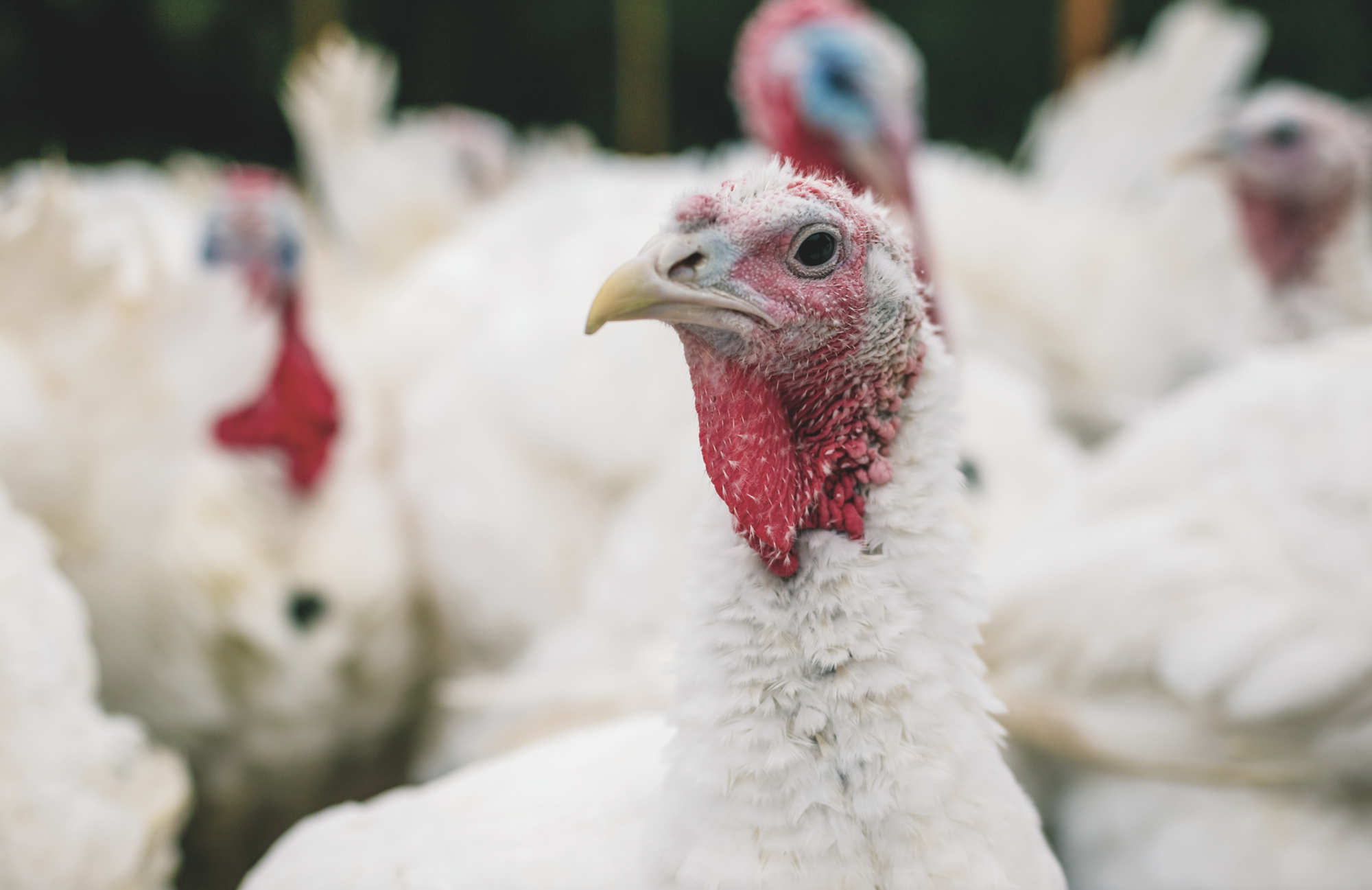Prepare now for the avian influenza risk period
11th October 2021
After the UK poultry sector was rocked by 26 avian influenza outbreaks between November 2020 and March 2021 – the highest number seen in several years – Farmers Guide looks ahead to the coming risk season and what farmers should do now to prepare.
Seasonal birds were hit particularly hard in 2020, with turkey rearing premises in Norfolk and North Yorkshire suffering outbreaks, resulting in tens of thousands of birds being culled.
Cases of the H5N8 strain were confirmed in poultry premises across England – in Cheshire, Herefordshire, Leicestershire, Derbyshire, Dorset, West Devon and Staffordshire. A case of highly pathogenic H5N1 was also seen in backyard chickens in North Yorkshire. The low pathogenic H5N3 strain was also confirmed in Cheshire West and Chester, and H5N2 was detected near Deal, Kent.
Some industry experts have raised concerns that this scenario could be seen every year.
Although the UK was recently declared free from avian influenza, highly pathogenic avian influenza continues to circulate in wild and captive birds in Europe and as winter approaches, the risk to domestic poultry is likely to rise as migratory birds fly to the UK.
Defra has urged poultry farmers to uphold strict biosecurity measures as we head into the colder months. It may also be worth considering the potential need for insurance cover, and sufficient housing and enrichment should another compulsory housing order be imposed this year.
Insurance for avian influenza comes with a high premium, but should you suffer an outbreak, it could be a drop in the ocean compared to the cost of cleaning sheds and meeting APHA standards to restock. For those farms who would be unable
to take the financial hit of an outbreak, insurance may be worth considering.
Defra has shared the following advice to reduce the risk of disease ahead of wild bird migration this winter:
- Keep the area where birds live clean and tidy, control rats and mice and regularly, disinfect any hard surfaces. Clean footwear before and after visits
- Keep chickens and turkeys completely separate from ducks and geese
- Place birds’ food and water in fully enclosed areas that are protected from wild birds and remove any spilled feed regularly
- Put fencing around outdoor areas where birds are allowed and limit their access to ponds or areas visited by wild waterfowl
- In Great Britain, stay alert by signing up online to a free service to receive text or email alerts on any outbreaks of bird flu in the UK.
It is also worth noting the emotional toll that an outbreak can have, so seeking help from consultancies where necessary and knowing where to go for free support, for example charities including RABI or the Farming Community Network, is important.
For further biosecurity advice and updates on avian influenza, visit www.gov.uk/guidance/avian- influenza-bird-flu

